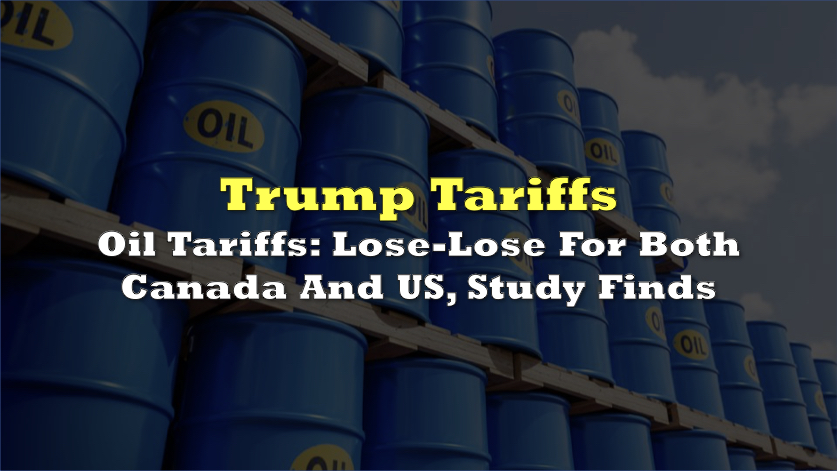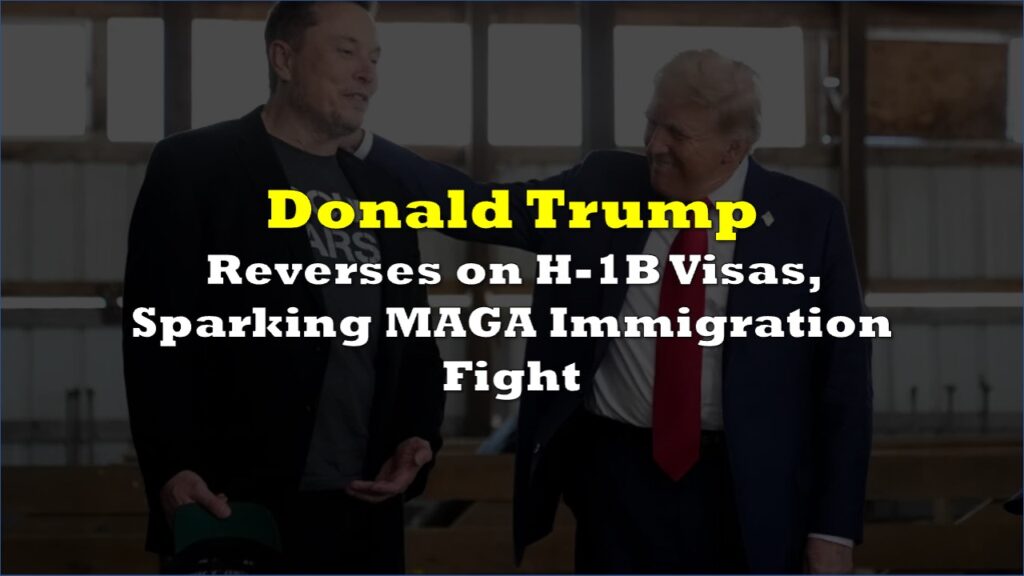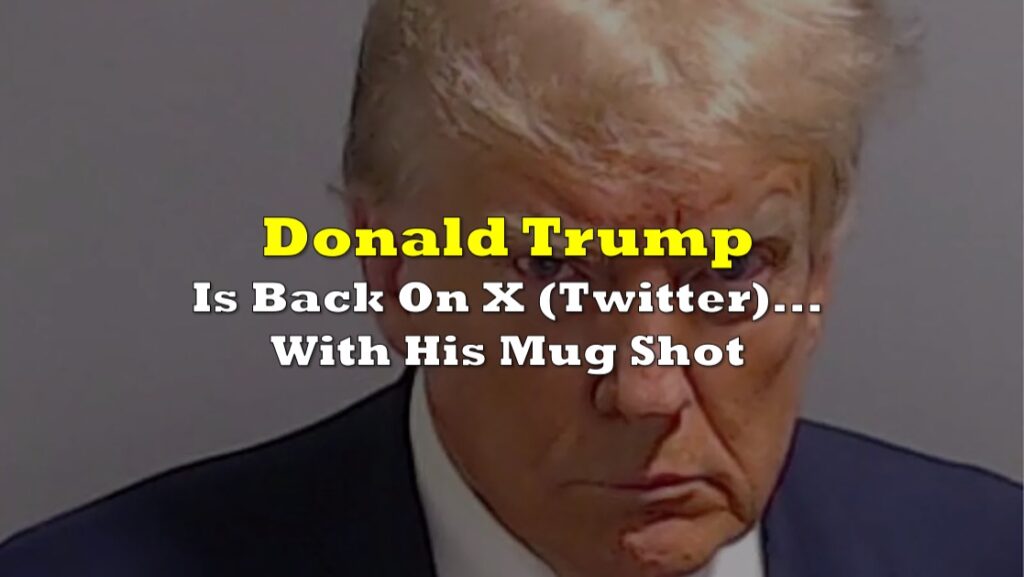The US is poised to rattle international commerce with President Donald Trump’s renewed pledge to impose sweeping “reciprocal tariffs” on countries that maintain what he considers disproportionate barriers to American goods.
In his social media post, Trump declared that any tariff, subsidy, or regulatory hurdle levied by a foreign government could be matched in kind by the US.
“For many years, the U.S. has been treated unfairly by other Countries, both friend and foe. This System will immediately bring Fairness and Prosperity back into the previously complex and unfair System of Trade,” he wrote.
On Trade, I have decided, for purposes of Fairness, that I will charge a RECIPROCAL Tariff meaning, whatever Countries charge the United States of America, we will charge them – No more, no less!
— Donald J. Trump (@realDonaldTrump) February 17, 2025
For purposes of this United States Policy, we will consider Countries that use the…
Trump’s promise to apply duties “no more, no less” than those facing American exporters encapsulates the simpler, slogan-driven style he favors. Nations with VAT systems, such as India and many European countries, are now in the administration’s crosshairs because Trump views VAT as just another tariff. Under his plan, if India’s duty on US goods stands at 25%, Washington would respond in kind. The same logic applies to Canada’s sales taxes and supply management policies, which protect Canadian dairy and poultry industries at the expense of American producers.
Trump has gone so far as to threaten duties of up to 100% on Canadian automobiles and has even hinted that Ottawa could “fix” the problem by effectively joining the US.
READ: Auto Tariffs Coming in April, Trump Says
Countries like China, with an average tariff rate of around 30% on US goods, are among those that tariff US products the most. The European Union also imposes tariffs averaging around 5%.
Developing countries often have higher tariffs; for example, some in Africa and the Caribbean have rates up to 13-14%. Emerging economies like India and Argentina, already subject to higher tariffs on US exports, could face steep retaliatory duties if Trump follows through.
Deutsche Bank estimates that once VAT is included in the equation, some countries could be hit with reciprocal tariffs topping 30%.
BMO chief economist Douglas Porter notes how nearly every economy employs some form of VAT or consumption-based tax, turning Trump’s goal of “matching” them all into an unprecedented—and potentially chaotic—endeavor.
Despite the chest-thumping about leveling the playing field, the lack of a clear, data-driven framework leaves many worried about an ad hoc, politically motivated policy. Trump’s insistence on “fairness” could morph into economic bullying that alienates allies and complicates America’s position in global markets.
Even the supposed beneficiaries of Trump’s plan, American workers who voted for him, could end up on the losing end of tariff wars.
Information for this story was found via the sources and companies mentioned. The author has no securities or affiliations related to the organizations discussed. Not a recommendation to buy or sell. Always do additional research and consult a professional before purchasing a security. The author holds no licenses.









